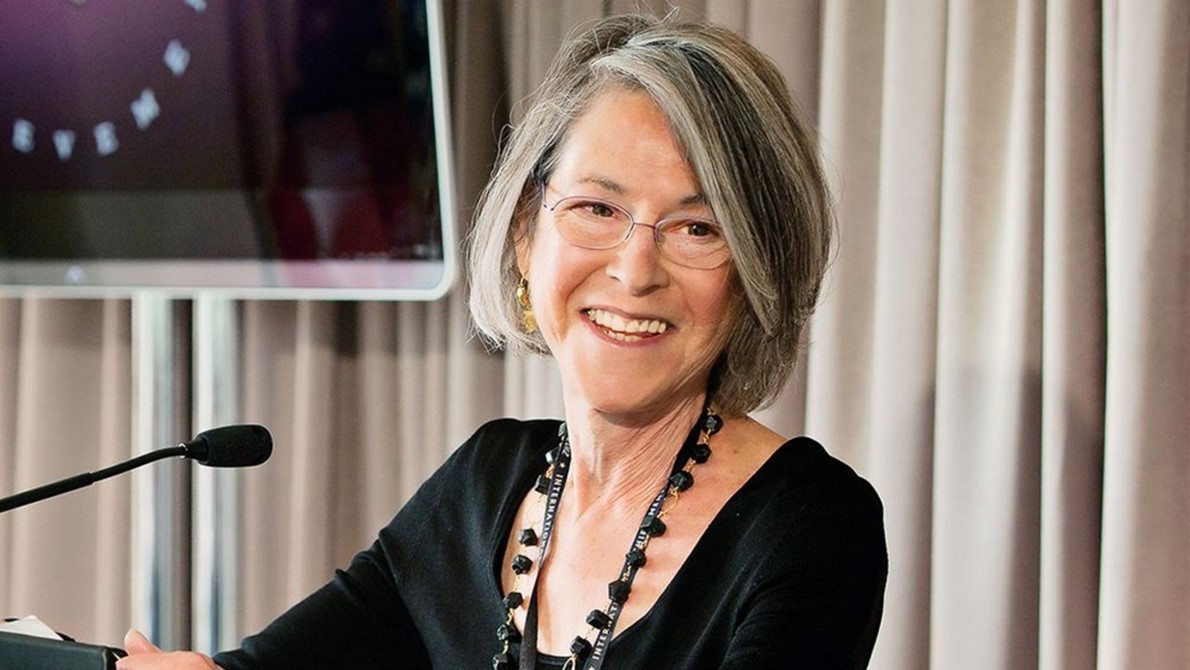Some weeks, for a book
critic, are tougher than others.
Up next, let’s say, is a 600-page
novel. To write about it, one must also read (or reread) the writer’s four
previous 300-page novels, to supply background and context, to exercise due
diligence and to uphold the standards of the guild.
اضافة اعلان
Other weeks are like this one.
Louise Glück’s new book, “
Marigold and Rose,” is a fablelike work of fiction,
all of 55 pages, with plenty of white space framing the paragraphs. I read it
in under an hour and, worried I was slacking, read it again. Then I napped and
opened mail for the rest of the week.
Holding a book this small, as thin
as three slices of American cheese, made me think back to certain critics of a
previous generation who were said to review, as a rule, the shortest books
available, so as not to let work cut into their convivial lunchtimes.
Glück, a Nobel laureate, is a
formidable, essential, and accessible poet. Her collected poems are published
under the title “Louise Glück: Poems 1962–2012.” If you do not own a copy,
visitors should have the right to hurl small stones and wads of chewed gum at
your bookshelves.
In addition to her many volumes of
poetry, Glück has published two books of essays: “Proofs & Theories” (1994)
and “American Originality” (2017).
 Louise Glück. (Photo: Twitter)
Louise Glück. (Photo: Twitter)
“Marigold and Rose” is a departure.
It exists in a liminal zone between poetry and prose. It can resemble a
sophisticated children’s bedtime story.
The book is about the inner lives of
twin sisters, Rose and Marigold, who spent time in an incubator and remain in
infancy. Longtime readers of Glück’s verse will know that intense, sometime
quarrelsome sisters often figure in her work. They may also know Glück had an
older sister who died before she was born.
In an early poem, “Tango,” from her
1980 collection, “Descending Figure,” Glück wrote:
Of two
sisters
one is
always the watcher,
one the
dancer.
Here, the watcher is Marigold.
Although she can’t yet read, in her mind she’s at work on a novel. She’s
already shivering with writerly angst. “I cannot even talk yet,” she thinks. “I
expect too much of myself.”
Marigold broods. She longs for
adulthood, “with its vast cargo of words.” She has inherited Jewish guilt from
her father. She has an “important baby look,” as I suspect Susan Sontag did.
Joy Williams, in her novel “The
Changeling,” referred to children as “fickle little nihilists.” Marigold is of
this sort. She almost certainly has an excellent “I did not ask to be born”
face.
Rose, on the other hand, is
gregarious. She makes a lot of noise; she likes to bat her eyelashes at people;
storekeepers hand her lollipops. And yet, Glück writes, “Rose felt sometimes
that she lacked depth. She felt a little one-note, like a highly decorative
cave painting.”
This dichotomy, the idea that the
world can be divided neatly into people who lead with their hearts and those who
lead with their heads, can feel reductive. Yet Glück, in shrinking the world to
the size of a pair of blankets inside cribs, manages to gently pack her
narrative with feeling.
It’s a book about loss. Glück wrings
more emotion than you might imagine out of a father’s going and coming home
from work every day. (At his arrival: “Drums in the twins’ hearts.”) A
grandmother dies. The mother debates, dread idea, taking a job herself.
There are hints about social class.
One meal, for the parents, is “grilled fish with nasturtium butter melting over
it.” That sounds like an elite pair of fillets. At the same time, the family is
growing out of its apartment and may or may not have money problems.
The world, the twins are learning,
is a slippery and complicated place. What sort of faces should we present to
it?
“The twins
thought Mother was lovely. She had enough hair so it went in many directions
when the wind blew. Father was splendid. You are lucky girls, Mother said, to
have a handsome father; you should try your best to look like him. She said
nothing about herself. People with good manners didn’t talk about their own
attributes. This was called blowing a horn.”
A cynic might call this a children’s
book for very pretentious children. You can imagine it with red and black
illustrations by Barbara Kruger, with oracular phrases printed in that artist’s
signature typeface: “I don’t cry because I’m tired, Marigold thought. I cry
because something has disappointed me.”
“Marigold and Rose” is not the only
recent book written from the perspective of the very young. In Ian McEwan’s
novel “Nutshell,” the narrator was very, very young. Typical sentence: “So here
I am, upside down in a woman.” Marigold, in that scenario, would be kicking,
hard.
This is a delicate, minor-key book.
It addresses, in larval and thus primal form, many of the concerns of Glück’s
poetry. As she wrote in a poem titled “Nostos”: “We look at the world once, in
childhood. The rest is memory.”
Read more Books
Jordan News




